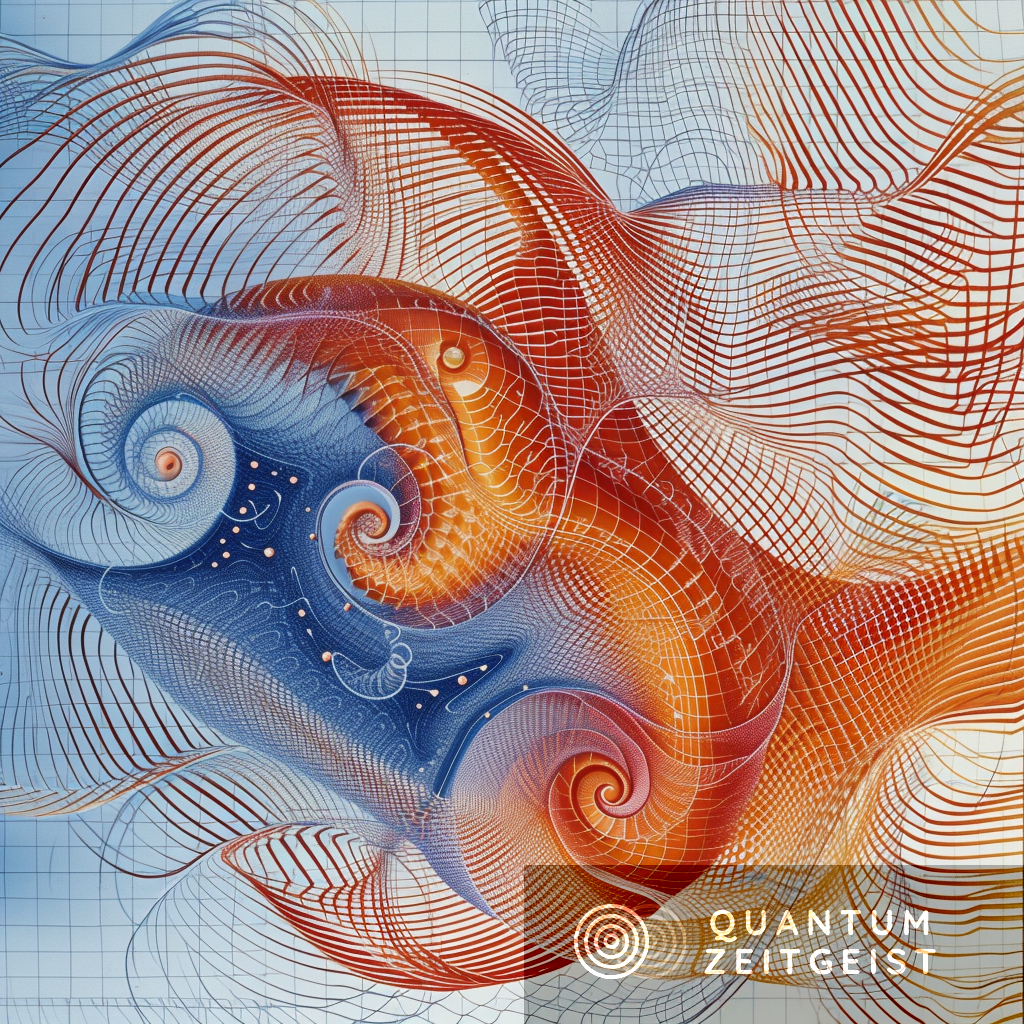Researchers from the Imperial College London Department of Aeronautics, the Alan Turing Institute, and the Politecnico di Torino have proposed a method for solving nonlinear differential equations using quantum computers. The team suggests transforming a nonlinear dynamical system into a linear system, which can then be integrated with quantum algorithms. The Fokker-Planck equation is central to this method. The researchers have developed quantum solvers that could potentially integrate the Fokker-Planck equation on near-to-midterm available quantum hardware. The results are promising and could lead to significant advancements in various fields.
Quantum Computing and Nonlinear Differential Equations
Felix Tennie and Luca Magri from the Imperial College London Department of Aeronautics and the Alan Turing Institute, along with the Politecnico di Torino, have proposed a method to solve nonlinear differential equations using quantum computers. Nonlinear differential equations are prevalent in various fields such as Physics, Engineering, Chemistry, Biology, Economics, and more. However, computing numerical solutions on classical computers can be challenging due to the large number of degrees of freedom.
Quantum Algorithms and Nonlinear Dynamics
The researchers propose to transform a nonlinear dynamical system into a linear system, which can then be integrated with quantum algorithms. The Fokker-Planck equation, a nonnormal partial differential equation, is key to this method. Three integration strategies are proposed: Forward-Euler stepping by unitary block encoding, Schrödingerisation, and Forward-Euler stepping by linear addition of unitaries. The researchers emulated the integration of prototypical nonlinear systems with the proposed quantum solvers and found that classical and quantum outputs are in good agreement.
Quantum Advantage and Quantum Solvers
The researchers note that there is a growing interest in developing efficient quantum algorithms for integrating nonlinear dynamics due to the exponential state space of quantum computers and a theoretically proven quantum advantage of numerous linear quantum algorithms. However, the implementation of linear ODE quantum solvers on currently available quantum hardware is challenging. The researchers propose quantum solvers that have the potential to achieve integration of the Fokker-Planck equation on near-to-midterm available quantum hardware.
Fokker-Planck Formalism
The Fokker-Planck equation describes the evolution of the distribution function of the dynamical systems variables that are subject to stochastic forcing. Solving the Fokker-Planck equation is equivalent to integrating the nonlinear system. The researchers propose quantum solvers that are based on the idea of transforming nonlinear differential equations into a corresponding Fokker-Planck equation.
Spatial Discretisation and Nonnormality
Upon spatial discretization, the Fokker-Planck equation becomes a master equation, which is a linear and nonnormal Ordinary Differential Equation (ODE) system. The nonnormality of the Fokker-Planck operator is discussed and tackled in the research.
Quantum Solvers and Forward-Euler Integration
The researchers developed a solver that employs a linear combination of unitaries to achieve a Forward-Euler integration. The computational output of this approach is a quantum state that is the time-evolved distribution function. From a dynamical systems point of view, the state represents the solution of the dynamics and its uncertainty.
Summary and Future Opportunities
This research opens opportunities for solving nonlinear differential equations with quantum algorithms. The proposed solvers are showcased by numerically integrating prototypical nonlinear systems. The researchers conclude that the results are promising and that further development of these quantum solvers could lead to significant advancements in various fields.
A research article titled “Solving nonlinear differential equations on Quantum Computers: A Fokker-Planck approach” was published on January 24, 2024. The authors of the article are Felix Tennie and Luca Magri. The article was published on arXiv, a repository of electronic preprints approved for publication after moderation, hosted by Cornell University. The article discusses a novel approach to solving nonlinear differential equations using quantum computers. The DOI reference for the article is https://doi.org/10.48550/arxiv.2401.13500.

